Egyptian adventure
A few years ago I read Paul Sussman's The last secret of the Temple, which was promoted as the "thinking person's" equivalent of The Da Vinci code. Now I hated the Da Vinci code with a vengeance, so quite why this should have encouraged me to read Paul Sussman I don't know. However, I did read The last secret and thoroughly enjoyed it. The central elements of the story were, as is usual with this sort of writing, a load of hooey, but the crime story elements were well constructed, and Sussman's hero, Inspector Yusuf Khalifa, was a genuinely great creation - human, funny, and the complete opposite of your usual action hero.
Having recently come across the third in the Inspector Khalifa series in my local library prompted me to finally getting around to reading the first in the series The lost army of Cambyses. Like its successor it's generally well written, occasionally daft, with a grotesque bunch of villains, and some likeable good-guys. The novel opens with the murder of two Egyptians who appear to be involved in the shady world of antiquities smuggling. Luxor-based detective, Inspector Khalifa soon begins to suspect that there is something rather bigger going on than just a turf war over antiquities and is drawn into the world of fundamentalist terrorism, and, for him, this is going to be a peculiarly personal mission. Meanwhile a young zoologist from London has also been drawn into the search for a previously undiscovered tomb, when her archaeologist father is murdered ostensibly for a small fragment of hieroglyphics taken from the wall of the tomb. Khalifa and the zoologist will meet up in the most unlikely of places by the mother of all tombs in the heart of Egypt's sea of sand, one of the most desolate places on the planet.
This is an enjoyable action adventure which uses elements of the crime novel and history to weave a thrilling, fun, adventure story. It was first published in 2002, and coming so soon after the events of 911 found an enthusiastic audience with its central theme of Islamic terrorism - Sayf al Th'ar, the leader of the fundamentalists is at least partly modelled on Bin Laden. However, as the author points out in an epilogue, the book was written and edited well before September 2001. The author himself would have been familiar with the growing rise of militant Islam - he had been excavating annually in Egypt for a number of years. And the book really has more to do with the growing number of attacks on tourists in Egyptian tourist hotspots and the growing power of fundamentalism politically within Egypt than any worldwide jihadist movement. Where Sussman is particularly sensitive is in his use of a devout Moslem character as his hero, whose personal version of Islam (which is probably that of most Moslems) is contrasted strongly and positively with the corrupted version as preached by al Tha'ar.
There's also some fascinating historical detail thrown in here, by an author who evidently knows his archaeological stuff. And is certainly a must-read for anyone who has ever been entranced by the desert. I seem to be on a bit of a theme recently - having read two novels within a fortnight, both about lost ancient armies. This wasn't deliberate, but is probably not unrelated to the way I read - certainly not by design, more by one book often leading on to another (although quite where Pride and prejudice fits into this pattern, I do not know....)
Incidentally, at the time Sussman wrote The lost army, the real lost army of Cambyses had evaded discovery - it now, however, appears to have been found. For more information see here.


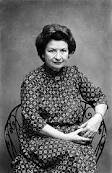


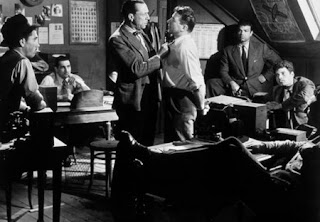
.jpeg)
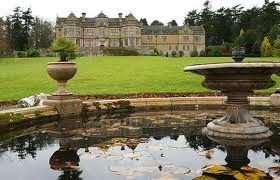

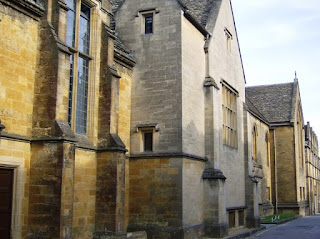
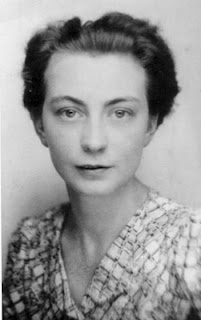
Comments